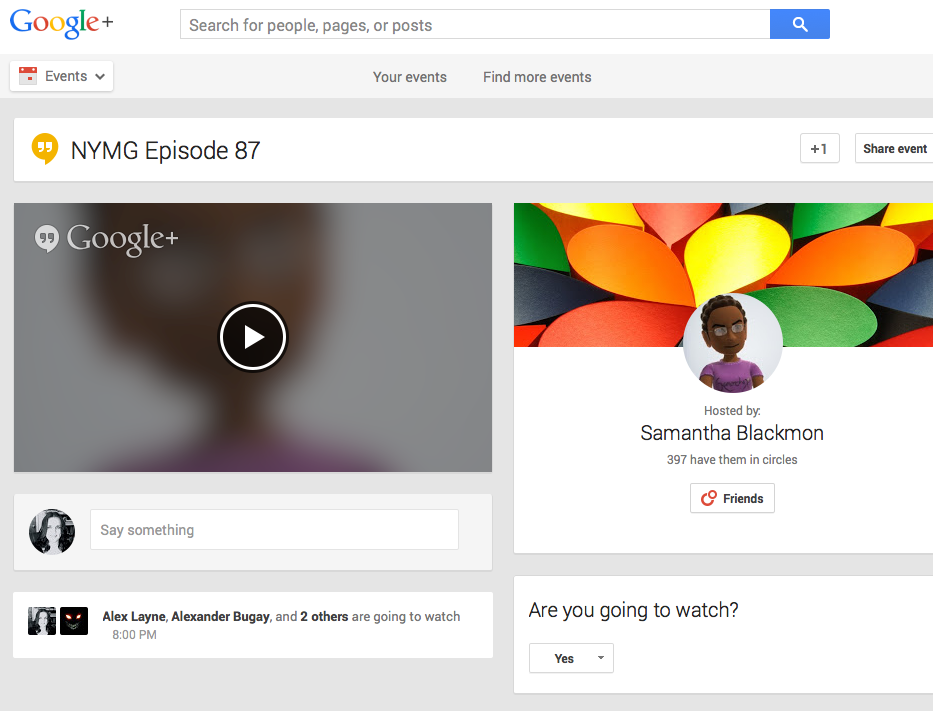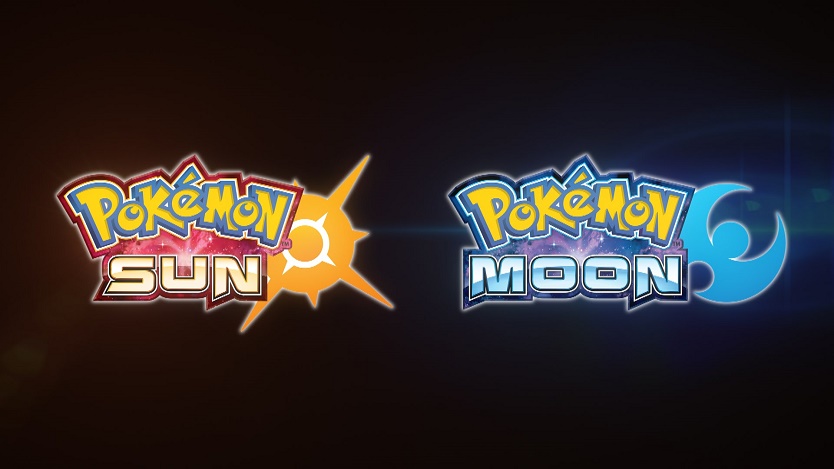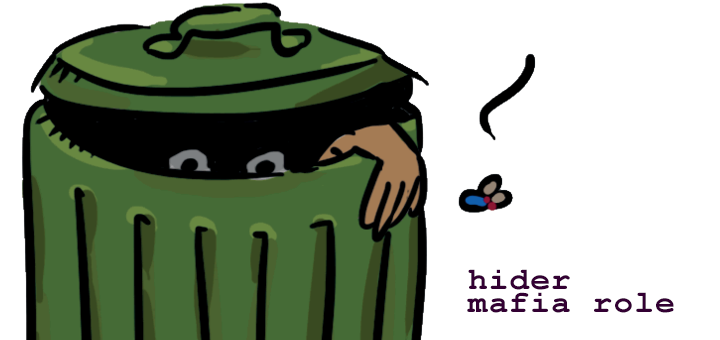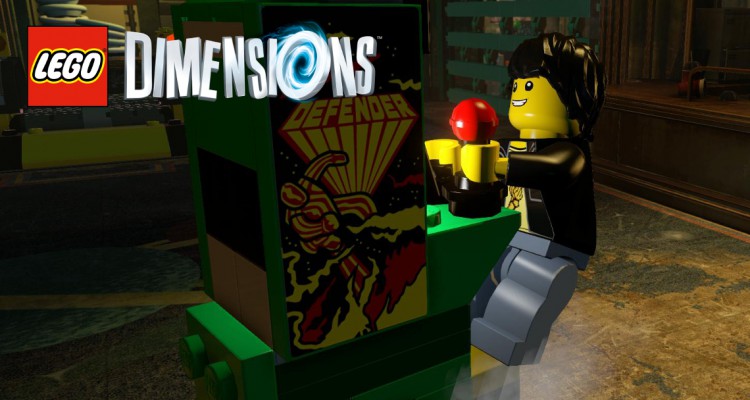Reigns, released late last summer, situates the player as king of an ancient kingdom, located somewhere faintly European, somewhere in the early 7th century. But you’re not one king; you are all kings, a long-reaching dynasty of king after king, each taking up the crown upon his predecessor’s fall. The situation, then, is simple: kings upon kings who must balance the church, the army, the treasury, and the people, and the player steps into the role of king in an equally simple setup: a Choose-Your-Own-Adventure card game version of the monarchy with a Tinder-style twist–in each moment, the player has choices. Swipe (or on PC, select) yes or no, positive or negative.
But it turns out none of this is particularly simple at all. Every decision, every swipe, has impact; refuse to build more churches and fall out of favor with the church; refuse to give the miners a raise and preserve your treasury, but lose favor with the people. Run out of favor with any of the four pillars of the kingdom, and you’re out: slaughtered, exiled, beheaded, crushed, dozens of deaths and endings, (almost) all of which leads to a new king, a new moment… and repetition of choices.
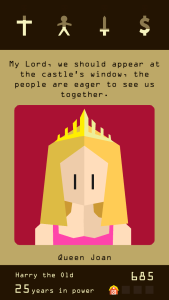 Ruling is repetitive; sometimes the people you face change, but the situations do not. You must always consider and reconsider the distant village turning to polygamy. You must consider the level of the river, the nation to the south with a marriageable daughter, the size of the army, the possibilities of trade and discovery. The kings change; the moments repeat. Power continues as the dynasty flows onward, and even as the years turn, power remains with the king. With the player in the role of sovereign.
Ruling is repetitive; sometimes the people you face change, but the situations do not. You must always consider and reconsider the distant village turning to polygamy. You must consider the level of the river, the nation to the south with a marriageable daughter, the size of the army, the possibilities of trade and discovery. The kings change; the moments repeat. Power continues as the dynasty flows onward, and even as the years turn, power remains with the king. With the player in the role of sovereign.
We think of sovereign power not as power earned, but power bestowed, at least when we’re thinking of sovereign power both as absolute and unquestionable, and in a medieval/feudal sense – the divine and absolute power of monarchs. And though Reigns continues beyond what we think of as this era, we do see that play out: the kings in Reigns rise again and again, in a never-ending line, taking up the mantle of rulership as it is bestowed. Their decisions are all. If you say no to a minstrel, a song is not created. If you demand the miners keep digging, they dig.
But that doesn’t necessarily translate to absolute power at all. Sometimes your court decides to create a fake dragon/kidnapping scenario because they believe it will please you; you can go along or not, but you can’t stop them in the beginning. Sometimes the jester causes trouble. Sometimes a mob rises, despite high levels. Maybe instead we should consider this: the power is absolute, but the consequences are, too, and no decision exists in a vacuum. Reigns is a long balancing act between treasury/church/people/military, and sure, you have the freedom to choose any way you’d like… so long as you’re fine with being thrown to the dogs. Is this power? Is it freedom? Is the king free?
We don’t see the people except through their avatars of power, the priests and generals and ladies of the court, but we are always aware of these larger groups of people via the meters measuring levels of approval. We can watch the reactions of the people in real time when we make a choice, and we can even get a sense of big impact versus small (or the actual impact, through certain items) before we make a choice, but we still, as king, can’t absolutely determine the impact of a choice until after it’s made. You can estimate, but you’re estimating with the fate of the people or the fate of yourself. The estimates get easier as the centuries pass, but still, nothing is a sure thing. As player, you’re playing dice with the kingdom and with your own person. Does this matter less if you know you will (almost) always resurrect as a new king? If you can’t see the people, but only a meter, do the people matter less? Do you have the power? Is it you as king, you as player? Or is it the four pillars of the kingdom that really hold the power, and you-as-king must work to balance and please them? If so, then is it the system of connecting factors that guide and control everything that happens here?
Reigns is a playful look at ruling, at dynasty, but underneath there’s a very serious question about power and its function, and too about the struggle of balancing ethics and pragmatism. I was most interested, personally, in trying to rule for the people, to support the poor, but sometimes doing so meant death — and if I die, the king who wants to help the poor, then is it worth always helping the poor… or should I sometimes not help the poor in order to stay alive and help them next time? Each simple swipe left or right might actually hover over a staggering chain of possible impact. And yet it’s so abstracted and even silly at times that it’s easy to forget that it all represents people, or simplistic versions of real systems. At least, until they come for you, and throw your body to the dogs.
Perhaps, at heart, Reigns isn’t very playful at all, but despite the (necessary) repetitive aspects, it’s a hell of a game.

